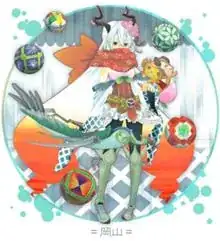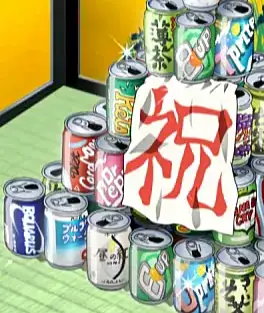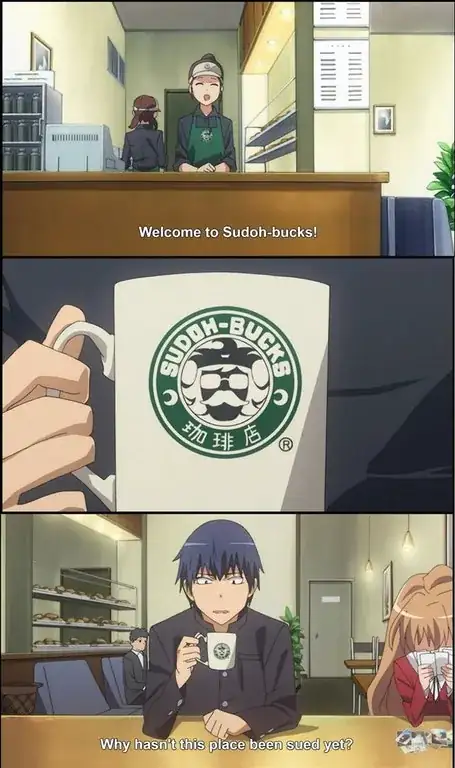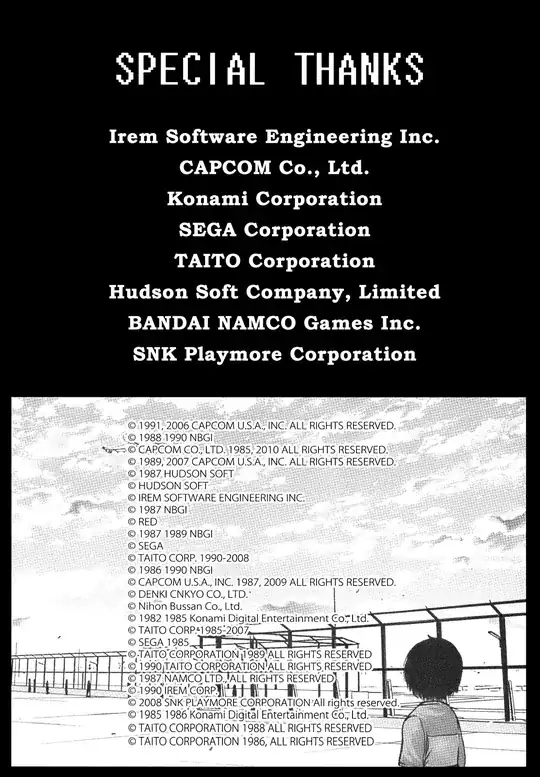In the anime, primarily ep2 when Kirino first come to Akihabara, I noticed many of the brand name or billboard was altered, リバティー/Liberty was changed into ワバチィー/wabaty, タカラダ/Takarada to タカダ/Takada, ガシャポン to ガチャポン, Laox to Taox, Labi to Labla, Gee! to Guu!, McDonald's to McDoneld's etc.
I wonder why they made such changes. They could have kept all the brand and billboard the same as they are in real life, but instead, they made so many subtle changes (while the maid cafe remains almost entirely intact).
Since many of these easter eggs are placed in a very obvious position, and animating such a complicated background asks a large amount of effort. I don't really believe these are purely the animator having fun. Are there any other reasons? Like copyright or advertising?
P.S. I am asking this for my essay, so please do think of it
P.P.S. image retrieved from this website.
P.P.P.S. feel free to leave any other thoughts about this



